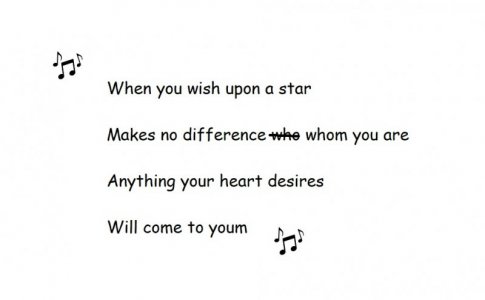WheatenLover
Well-known Member
- Location
- Georgia
I read a nonfiction book about the olden days. They weren't that great, just we only think of the good things. I remember ads being in the help-wanted section by gender. Female Help Wanted - must be young and pretty. Male Help Wanted - must be smart and a real go-getter.I do think the fact that this thread has caused a lot of discussion on this topic is a positive thing. Clearly, many are opposed to these preferences in pronouns (and I said earlier I don't understand it either), but perhaps it has made us all think about how the world is changing.
I am a pragmatic person, and the way I look at this is that I need to learn as much as I can about current and future trends because this younger population will be the powering our economy when I am much older (if I make it) and possibly providing care for me. With the world changing at such a fast pace, IMO this is no time to hide our heads in the sand and wish for the olden days. They are not coming back.
I remember my father telling me I didn't need to go to college because all I'd be doing was getting my MRS. To be fair, he had changed his tune by the time my half-sister was born. She is 25 years younger than I am. Anyway, that's how I ended up working and paying for college myself.
I remember working in the 1990s, and I'd say something about a case, and the males clustered around me and disagreed with me, but took the kudoos when one of them came up with exactly what I had said. I did not take this lying down, believe me.
I also remember tons of racial discrimination; especially the KKK. When we moved to the US from Germany, we were not prepared for that. My mother was German, and I had lived there for 5 or 6 years. We lived on integrated bases until we lived off-base for awhile in a small town near Montgomery, AL. My mother explained everything to her kids, and we were horrified. She did extensive research first, because she had never heard of the KKK.
And then, of course, there was the Vietnam War. More besides that; after all, someone wrote a book about it.
Last edited:


